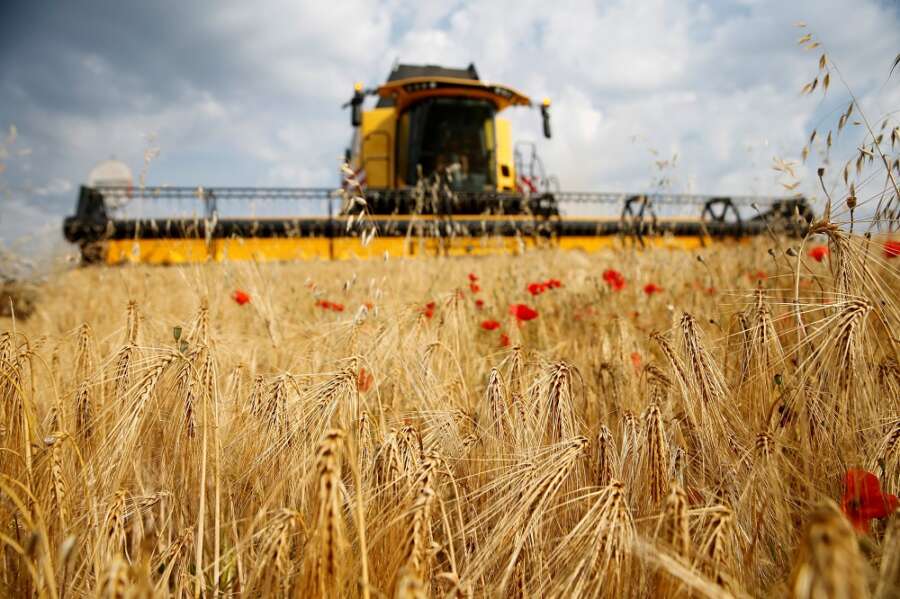
By Gus Trompiz and Michael Hogan
PARIS/HAMBURG (Reuters) – Chinese buyers are thought to have booked at least several large vessels of French barley this month, swelling a French export programme as merchants ship out a previous round of sales from late last year, European traders said.
China has become a major export market for French barley in recent years. As one of the few European barley origins approved for import by Beijing, France has attracted extra demand during a trade dispute between China and Australia.
In the latest deals, Chinese importers bought five to six panamax cargoes of some 60,000 tonnes each for shipment in the coming months, three traders said.
There was also market talk that the volume may have reached 10-15 vessels, or as much as 900,000 tonnes.
The latest sales were believed to have taken place in the past three weeks and were for crop from the 2022 harvest to be shipped in first half of 2023, mostly between January and March/April, traders said.
The barley was thought to have been sold for livestock feed rather than malt production.
Further sales were not expected immediately, though, after a sharp rise in French barley premiums following this month’s deals and with the Lunar New Year holidays starting in China, traders said.
Merchants are already due to load five to six large vessels in France with barley for China in January, most of which were believed to have been sold in late November.
The sales to China could bring an acceleration in French barley shipments after a slow start to the 2022/23 campaign that led farming agency FranceAgriMer last week to trim its forecast for barley exports outside the European Union.
French sales have tempered speculation about an imminent return of Australian barley to China, as Beijing and Canberra resume dialogue after diplomatic tensions.
Australian barley is subject to a prohibitive Chinese tariff, though China has continued to buy Australian wheat.
Chinese demand for French barley this season was also thought to have been encouraged by drought in Argentina and war disruption to Ukrainian supplies, traders said.
(Reporting by Gus Trompiz in Paris and Michael Hogan in Hamburg; editing by Grant McCool)


